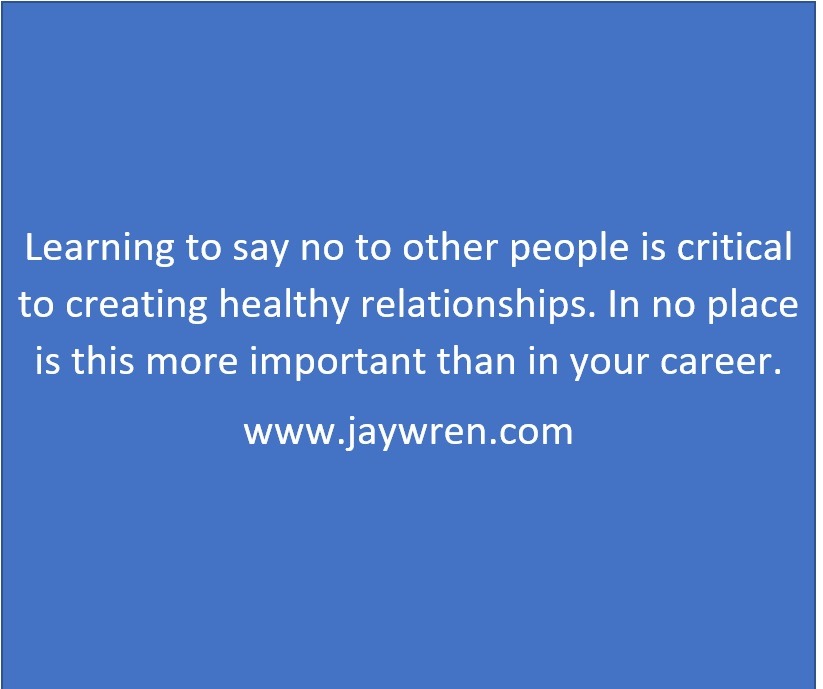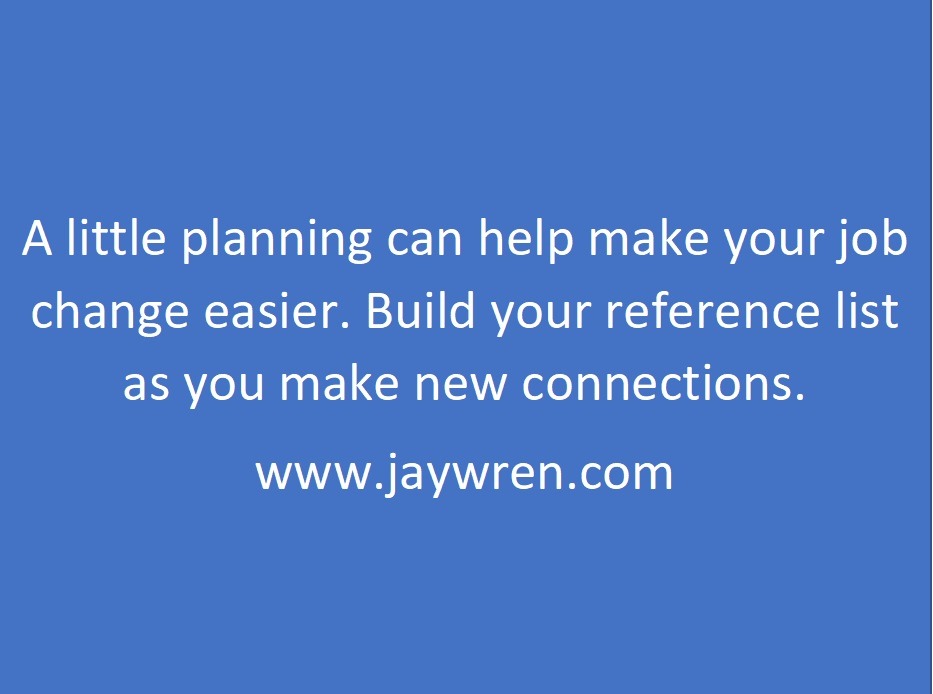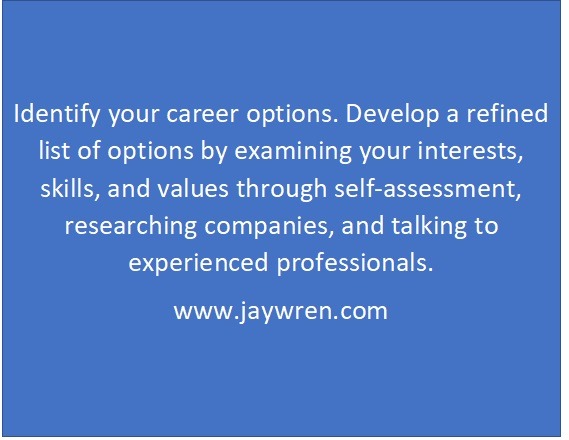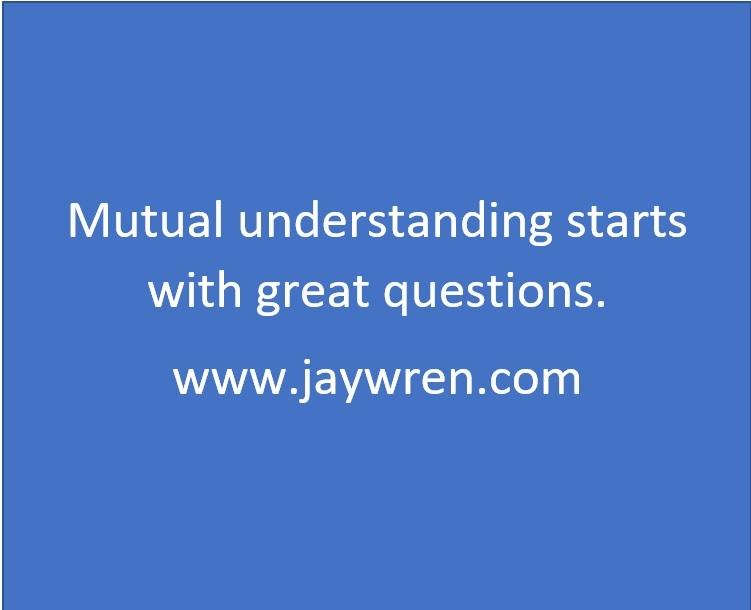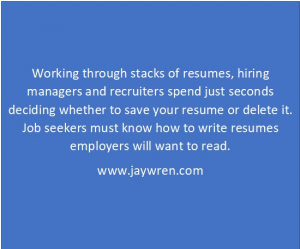Job offers: There are many things that you need to know to get a job offer.
For some people, turning down a job offer is unpleasant. Handling the situation with confidence is often difficult.
Learning to say no to other people is critical to creating healthy relationships.
www.jaywren.com
How you turn down a job offer is important to managing your career both short-term and long-term. In the short-term, you can add the contacts you made in your interviews to your career network. If you are willing to accept the offer provided that the hiring company can change the conditions that do not work for you, you can open the doors to an offer negotiation that may get you the job that you want. In the long-term, people often reappear in your career in ways that can help you. How you turn down a job offer affects the relationships you have with the people you have met.
Getting a job offer is only part of interviewing. Interviewing is a learning process. You learn things about yourself. You learn things about the hiring company. You may learn things that help you better understand your current job.
Withdrawing from the interview process or turning down an offer as soon as you have reached your decision is better for you and better for the people who are interviewing you. You save time for everyone involved. You also lower the risk of burning bridges with the people at the hiring company.
When you turn down an offer, call the people you have met. Thank them for their time. Then send each one of them a thank you note or an email. In your letter or email, you can give them your contact information for their future reference. Put the name, contact information, and brief notes about each person in your contact manager. This information becomes part of your database for managing your career.
When you do turn down a job offer, give the people you have met a specific reason for why you turned down their offer. During the interview process, you will learn things about your goals and about the job at the hiring company. Sometimes when you are interviewing your circumstances change. You receive an offer from another company. You receive a pay raise or a promotion at your current company. The reason you started to look for a job no longer exists. Letting the hiring company know immediately once you have made your decision is courteous and fair. Explain that you had not known these things before you began the interview process.
If you are taking yourself out of the running, you can build goodwill by offering the hiring company suggestions for referrals or new prospects for the job. Before giving a person’s name as a prospect, get that person’s permission. Not everyone wants to have calls about a new job.
